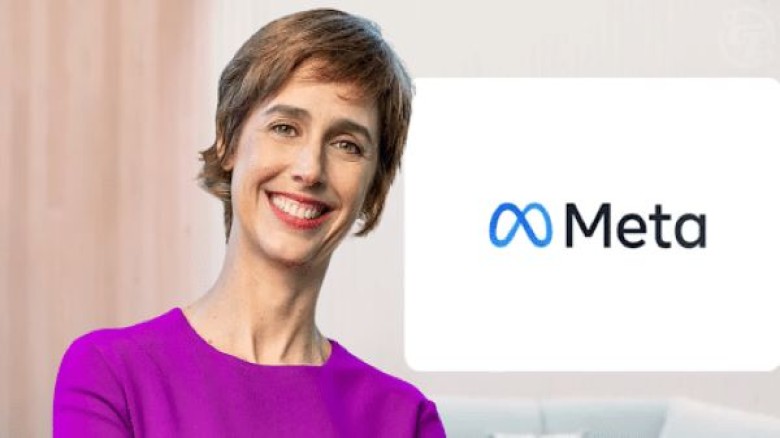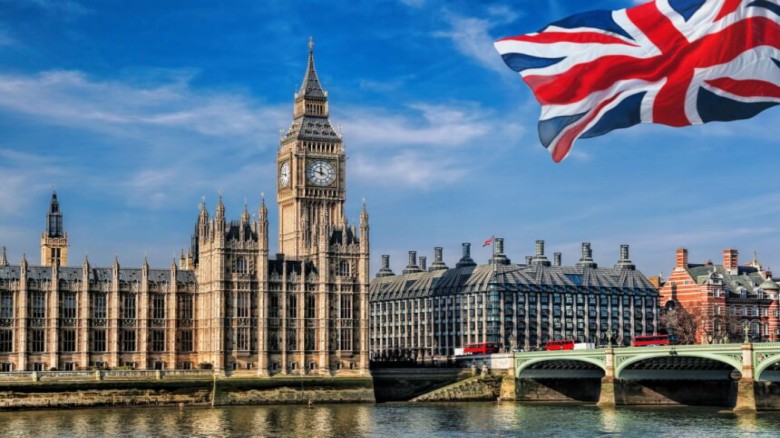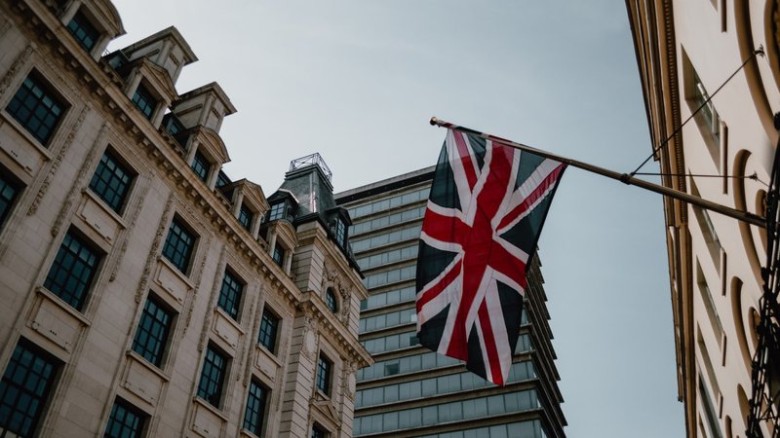A minimum wage of N200,000 is no longer considered realistic, according to labor representatives
The Nigerian Labour Congress announced on Tuesday that the previously suggested N200,000 minimum wage to the Federal Government is no longer feasible, given the current economic state of the country. The Congress, represented by its National Vice President, Tommy Etim, responded to the inauguration of the Minimum Wage Committee by Vice President Kashim Shettima.
In an exclusive interview, Etim emphasized that the congress would now anchor its national minimum wage negotiation on the present economic reality rather than the earlier proposed amount. He highlighted the worsening socio-economic challenges and the devaluation of the naira, making the initial proposal of N200,000 no longer viable.
When questioned about a specific minimum figure the congress would bring to the committee, Etim responded, "We are not presenting a fixed amount, but certainly not N200,000. Upon reaching the committee, our decision will be guided by the prevailing socio-economic conditions. That's the foundation for our national minimum wage discussions and negotiations."
The Federal Government had earlier instructed the 37-member wage committee to expedite its discussions and promptly submit its recommendations. The government also directed the Ministry of Finance to ensure adequate funding and called for sincere collective bargaining. Additionally, there was an emphasis on contract adherence, urging committee members to seek external consultation beyond their immediate circles.
Comprising representatives from federal and state governments, the private sector, and organized labor, the panel's mandate is to propose a new national minimum wage for the country.
To ensure sustainability across all government levels, President Bola Tinubu emphasized that the committee must consider the capacity of all parties to meet the new wage requirements. He urged committee members to expedite their assignment.
Speaking through the Vice President during the inauguration of the tripartite committee on the national minimum wage at the Council Chamber of the State House in Abuja, Tinubu stressed the importance of the committee's swift deliberations. He expressed anticipation for the timely conclusion of their work and the submission of the report and recommendations, emphasizing the critical role of this prompt submission in initiating the necessary processes for implementing a new National Minimum Wage.
"The Honourable Minister of Finance and Coordinating Minister of the Economy has been directed to allocate the necessary funds and logistics to the Committee, ensuring the timely completion of its assigned task. I officially inaugurate the Tripartite Committee on National Minimum Wage and extend my best wishes for productive deliberations," declared the President.
The inauguration on Tuesday comes after months of organized labor's agitation, expressing concerns over the Federal Government's failure to fulfill its promise to inaugurate the new national minimum wage committee during negotiations in October last year.
In May 2017, the House of Representatives took steps to amend the National Minimum Wage Act, proposing a mandatory review of workers' remuneration every five years.
Subsequently, the Minimum Wage Act of 2019, endorsed by former President Muhammadu Buhari, authorizes the committee to engage in discussions and propose a mutually agreed-upon wage, subject to ratification by the National Assembly following meticulous legislative scrutiny.
In the same year, President Buhari signed the Minimum Wage Act, approving N30,000 for both federal and state workers. However, on May 29, 2023, Tinubu announced the discontinuation of fuel subsidies, leading to a significant surge in the overall cost of living.
In response to the removal of subsidies, the administration sanctioned an additional N35,000 wage increment for six months, beginning in September 2023, as a measure to mitigate the impact. Nonetheless, organized labor asserted that this was a temporary solution and advocated for a comprehensive review of the minimum wage in 2024.
The President conveyed his administration's aspiration to surpass the fundamental Social Protection Floor for all Nigerian workers, taking into account the sustainable payment capacity of each government tier and other employers or businesses.
He elaborated on this perspective, stating, "I express this viewpoint because the minimum wage represents the least amount of compensation an employee should receive for their labor, and as such, it should be rooted in social justice and equity."
Addressing the committee members, he expressed hope that the outcomes of their deliberations would be collaborative and acceptable to all involved parties.
Reiterating his commitment to enhancing the welfare of Nigerian workers and, consequently, the entire nation, the President stated, "The labor force stands as the cornerstone of the progress of every nation, and ours has been the enduring engine of our pursuit of development."
In his initial remarks, the Secretary to the Government of the Federation, George Akume, encouraged the committee to perform at its best, emphasizing that the responsibility before them embodied the hopes and aspirations of millions of Nigerian workers.
Akume highlighted that the formation of the new panel fulfilled the commitment made by the Tinubu administration to undertake a comprehensive review of the minimum wage for the average Nigerian worker.
The Chairman of the tripartite committee, Bukar Aji, pledged to the President that the committee would handle the assigned task with fairness and diligence.
"By God's grace, we will engage in extensive consultations with key stakeholders to formulate a new minimum wage that is fair, practical, and implementable," stated Aji, a former Head of Service of the Federation.
In the meantime, Governor Mohammed Bago of Niger State, a member of the wage committee, expressed to journalists that he anticipates no challenges in the next two months of the committee's assignment.
"We don't want to preempt the outcome of this meeting, but you need to understand that the sub-nationals also have challenges, and the Federal Government, in its wisdom, has brought the sub-nationals into perspective. This discussion will be done together with the sub-national, so I'm not sure we're going to foresee any challenges," he stated.
Meanwhile, Humphrey Ngonadi, the Vice President of the Nigerian Association of Chambers of Commerce, Industry, Mines, and Agriculture, argued that increasing the minimum wage would make no difference if the prices of essential commodities continued to rise.
"I appreciate the government's initiative in this particular area, but I still have concerns. If we recall some time ago, there was the Udoji Award, and that was the first instance of a salary increase for workers. However, immediately after the increment, the prices of commodities in the market surged.
"While we contemplate raising the workers' salaries, the government should focus on reducing the prices of commodities in the market. If a worker is paid N1 million as the minimum wage and a bag of rice costs N900,000, the N1 million still holds no meaning. Therefore, in addition to considering the minimum wage, the government must work to ensure the purchasing power of that money," argued Ngonadi.
The 37-member tripartite Committee comprises six Governors, cabinet Ministers, representatives of organized labor, and members from the private sector.
The roster of governors comprises Bago of Niger State, representing the North Central; Bala Mohammed of Bauchi State, representing the North-East; Dikko Radda of Katsina State, representing the North-West; Charles Soludo of Anambra State, representing the South-East; Ademola Adeleke of Osun State, representing the South-West, and Otu Bassey of Cross River State, representing the South-South.
The ministerial representatives include Wale Edun, the Minister of Finance and Coordinating Minister of the Economy; Atiku Bagudu, the Minister of Budget and Economic Planning; Dr. (Mrs) Yemi Esan, the Head of the Civil Service of the Federation, and Nkeiruka Onyejeocha, the Minister of State for Labour and Employment.
























Leave A Comment